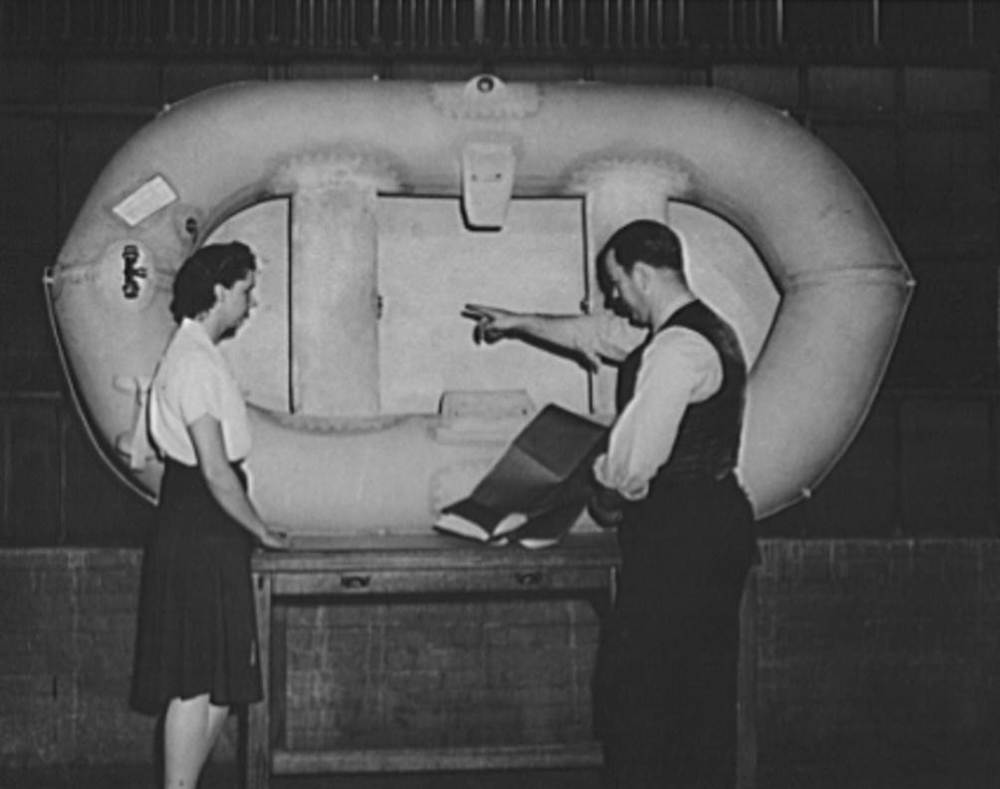
People often argue about the definition of what's a crisis and what's an emergency. That's maybe missing the point. This post highlights the really important thing - how it affects people.
Having been asked to be part of the judging panel for the UnAwards is a real honour for me. Seeing colleagues and fellow comms people work hard in the public sector is always heartening and I'm proud to count myself amongst their number.
The crisis comms category sits comfortably with me as it's where my experiences lie. For once, I want to be comfortable and not challenged - this is something I'm enjoying doing without running on adrenalin, squinting at a screen, getting wet whilst plastic tape flickers in the background and I'm trying desperately to get reception on my mobile. I've had sleep, I've eaten a meal that consists more of a soggy sandwich and countless donuts and I'm ready to go.
However, this made me wonder what a crisis really is and seeing the entrants has done exactly the opposite of what I was looking forward to - challenge me. Or rather, challenge my perceptions of what a crisis is.
When presenting on crisis comms I quite often say that a crisis in emergency services is the easiest to deal with. There is structure, there's policy and it's something that has usually happened before. We're trained for it, we have the law on our side if we don't want to say anything and it's usually a set step of tick boxes to go through. Perhaps I'm making light of it, but I wouldn't want to manage a crisis somewhere that doesn't have all this in place - that's when someone shows their true skill.
There's always the emotional element in a crisis and it should never be underrated (I wrote a piece for Policing Insight on the dangers of lack of emotional support for press officers) but essentially, preparing for a crisis is the hard part - executing that plan shouldn't be so difficult.
Now on to the entries. On the face of it, I did ponder whether they were actually able to consider those events a crisis. But then, like all events or scenarios, it's about context and relevance. It's all relative. A crisis to me is not necessarily what someone else would consider to be so. Equally, someone may experience something ultimately damaging for their organisation that I wouldn't go near because it just seems irrelevant to me or my audience and stakeholders.
Therefore I have come to the conclusion that. At the end of the day, it all comes down to people and not processes.
This is where the real core of it is - understanding people and why it is important to manage communications effectively in a crisis. One step wrong and you've lost the faith and trust not only of the public, but all those who you work with to tirelessly convince the public of your service.
Understand what motivates someone and your comms plan is half written. The rest is just a tick box exercise. As they say in the police, could you?
Christine Townsend is CEO and Founder of Musterpoint and official partner to the UnAwards15
